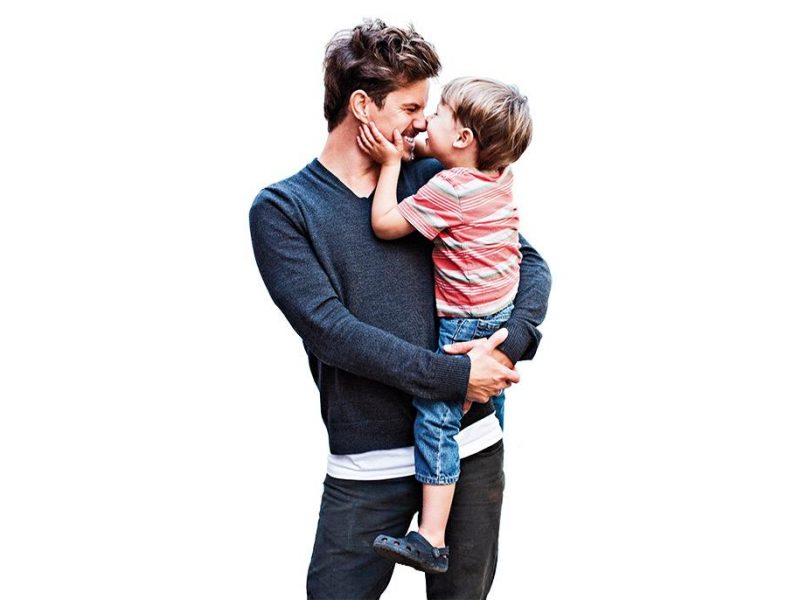Meditate on these things
One of the things I’ve found helpful to my parenting (and to my life generally, in fact) is a daily time of quiet meditation. I don’t mean prayer (though this is good too). I don’t mean thoughtful reflection (though there’s plenty to be gained from this as well). I mean the kind of silent meditation practised by mystics of almost every faith (and even some of no faith at all) in every age.
Because of its religious origins, this meditative practise is usually associated with spirituality, and while I do have some spiritual reasons for meditation, there are also excellent scientific reasons for it. From increasing immune function to easing chronic pain, from reducing anxiety to promoting emotional self-regulation, from improving memory to physically enlarging certain parts of the brain, meditation comes with a whole range of emotional, psychological, and physical benefits. Taking a regular time to turn inward and quiet your mind and body can make a tremendous difference in your life. It certainly has in mine.
In fact, I’ve often found myself wishing that I had started regular meditation much earlier. My own upbringing was quite conservatively Christian. Meditation was feared as a strange and possibly dangerous practise from other religions, so I was never taught to meditate until I was much older.
I want my own children, however, to be able to practise the art of quiet centring, particularly in a world that is moving with ever increasing speed and that engages our attention ever more completely. I want them to have some tools to step away from all that, even if it’s just for a few minutes each day, and to gain enough perspective on their lives to make good and healthy decisions.
So, I’ve begun meditating with my kids. It’s not easy. They’re extremely active boys, aged 10, 8, and 4. Sitting still even for 30 seconds is extremely difficult for them, especially for the younger two. Most days I suspect they manage nothing more than just sitting still (sort of) until we’ve finished our time together (30 seconds for the younger two, a minute for the eldest). What I hope is happening, however, is that they’re developing a habit that will become something greater as they mature, giving them another tool to make wise choices and lead moral lives.
Luke Hill is a stay-at-home father of three boys, aged 10, 8, and 4. He has fathered, fostered, adopted, or provided a temporary home for kids anywhere between birth and university. He has taught college courses, adoption seminars, camp groups, Sunday School classes, rugby teams, not to mention his own homeschooled kids.







